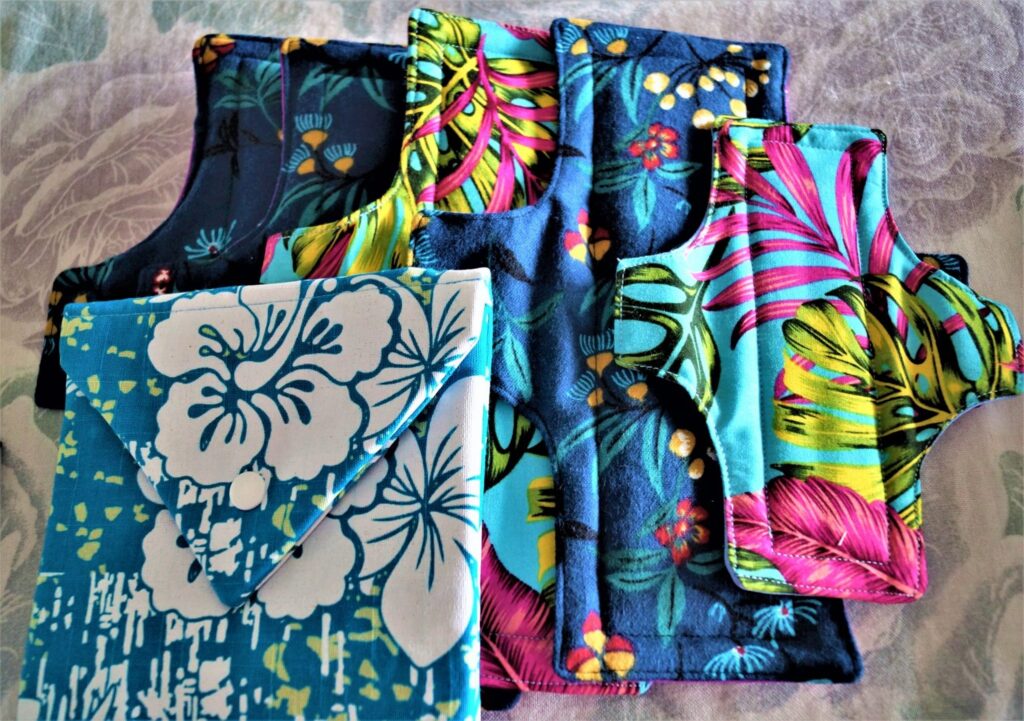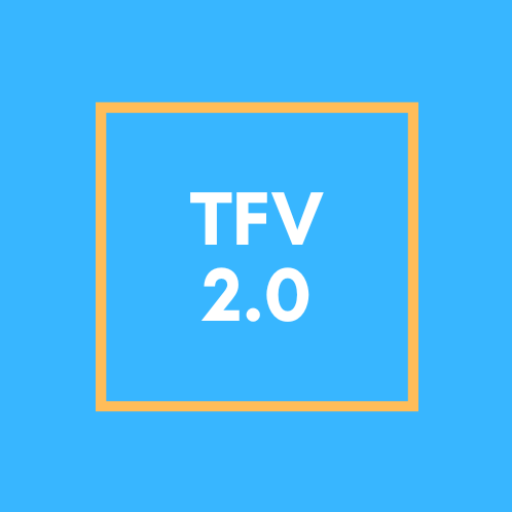More about TFV 1.0
TFV 1.0 is an award-winning whole of ecosystem, market-level intervention in the menstrual health sector in the Pacific. It works through partnerships between enterprises, intermediaries, impact investors, government and non-government organisations. The TFV works by financing the supply of input materials for locally owned and operated enterprises that make and distribute reusable pads for women and girls.

The idea for TFV 1.0 emerged from direct collaboration between the enterprises and the broader ecosystem of support for the menstrual health sector, and the impact sector generally. Red Hat Impact’s role has been to work with Lotus Impact on providing technical assistance to establish and operate TFV 1.0. Our involvement was brokered through the PacificRISE program, and has been heavily supported by the Criterion Institute. TFV 1.0 is a working prototype of an innovation in trade finance that all partners intend to scale and take into other regions and sectors. All at the service of impact and the enterprises that deliver it.

The design assumptions used to guide the development and operations of TFV 1.0 are:
-
- The market challenges are located in the supply chain not the individual enterprise. Therefore, we should solve for the supply chain issue and not work to “fix” the enterprise
- Producers should not bear the risk of the financing
- The individual enterprises should be strengthened by this effort to shift their market position in their community and through their access to financing for their movement
- Producers are largely informal enterprises and should not have to formalize in order to participate in the scheme
- The initial focus is solely on menstrual health enterprises, but could expand to related products, nappies, etc

By providing trade finance to local producers, we are improving their access to materials, improving the prices they pay for them, and supporting their cash flow. This is enabling them to either commit to larger production, or to stabilise their current production. This in turn enables them to provide ongoing employment and income for locals, many of whom are women. And it also helps them to distribute more reusable pads and menstrual hygiene education to women and girls.
You can read this case study to learn much more detail about TFV 1.0 and how it works.
You can also view a series of videos about TFV 1.0, created under the PacificRISE program.
